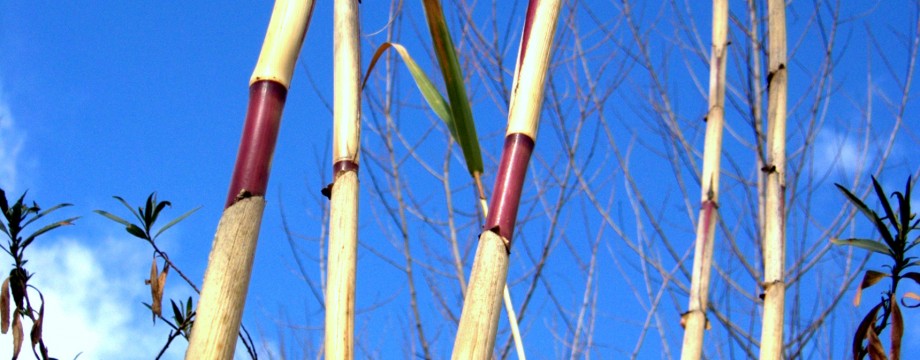I have lost a lot of things in my life, some big, some small, and I am going to spend some time sorting out how losing things might change us. I am no professional in this matter, certainly, in that I have not been granted a university degree in the subject. However, I do have almost 40 years of experience under my belt, and most of those years have been filled with losing things. I want to invite people to join me in this exploration if it interests them, and so I am blogging about it as an efficient means to that end.
I want to make a point that I am not going to talk about loss in the psychological sense. I believe that topic has been beaten like a donkey hauling silver from a mine. I believe there are likely stages of loss, I believe that people do “get stuck” at a particular stage of loss and cannot get beyond it. I believe I am personally “stuck” in some sort of confusion and crying stage after losing my son, but I am not a person who dwells on such matters. This is perhaps annoyingly optimistic of me, but I want this one life to live to be filled with motion and service, not stuckness and tears, and so I want to explore a different way of considering loss. And so I am separating myself from those academic, psychological concepts of stuckness and stages. Instead, I want to talk about losing things, and what I have discovered in retrospect. I am going to enhance this separation by talking about losing things, not loss.
I want to propose a non-academic, non-scientifically-grounded (in the modern sense – this is not peer-reviewed or backed up by statistics) thesis that to lose something in your life is to, at the same time, gain a valuable space to be filled, and what fills that space makes all the difference in how your mind and soul and heart and body responds to having lost something. This is not to say that part of you has actually broken off and now you have a part of you that needs to be re-attached. We are not Lego fortresses, after all, such that when we lose a part we have an actual space to be filled. I am rather talking semantically. I want to be really clear about that. This “space” can be different for each thing lost. Sometimes a lost thing gives us more time, should we choose to be wise in taking it. Sometimes a lost thing can give us greater ability to think and ponder, should we choose to seek solitude and enter the sometimes-frightening basement of our minds to do that. Sometimes a lost thing can give us more clarity on what God wants us to do, should we choose to seek it. Sometimes a lost thing can bring us new people, should we choose to look for and meet them. Sometimes a lost thing can bring us new opportunities to love God more, should we choose to discipline ourselves in that empty space.
I finally want to point out that a lost thing is sometimes lost forever, sometimes lost for only this time while we are on earth, and sometimes lost only for a short earthly time.
So if you are interested in this, I encourage you to read and discuss with me. If you are not, I am not offended by your lack of interest.

Recent Comments